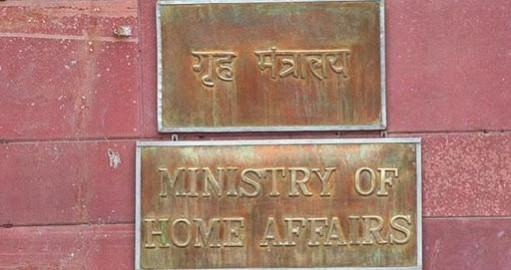
The Ministry of Home Affairs has requested the Fifteenth Finance Commission (FFC) to establish a National Internal Security Fund (NISF) with an initial amount of Rs 50,000 crore to meet capital expenditure. A major part of which is expected to be spent on real-time surveillance and intelligence gathering technology and gadgets.
The Finance Commission is a constitutional body for the allocation of certain revenue sources between the Union and the State government. It was created by the Indian President pursuant to Article 280 of the Indian Constitution. It was created to establish the Centre's financial relationship with the states. It was founded in the year 1951.
As per a report in the Economic Times, the Ministry had written a letter in March to the FCC chaired by NK, requesting it to constitute a separate fund for internal security that is a shared responsibility by state and central government.

Separate funds from due amount
The government accepted an amendment to the terms of reference authorizing the commission to search for ways to include defence and internal security funds that are not lapsable. It also authorized it to see how to operationalize such a funding system. Last year, a proposal to create a Rashtriya Suraksha Nidhi was pushed by the defence ministry. Now even the home ministry is seeking a separate body as NISF to be separately and exclusively managed by it. In a memorandum, the Home Ministry said, "States have a shared responsibility for internal security but not for defence."
The ministry stated that states and union territories owed more than Rs 52,000 crore in dues for the deployment of central paramilitary forces as of January 2020. It wants to start the corpus with that money. Along with others such as welfare, justice and rural connectivity, the FFC had proposed a sectoral grants for police training and housing in its interim report.
The ambitious project by NCRB
The National Crime Records Bureau has launched an ambitious technology initiative to link and network all of the country's police stations and their databases. By December 2019 Rs 1,680 crore had been spent on the Crime and Criminal Monitoring Network and Framework, a national initiative designed to create a centralized, searchable, digital, real-time crime database.
Moreover, it is also aiming to set up the world's largest Automated Facial Recognition System, a centralized web-based framework with a registry that will serve as a basis for a globally searchable facial image database open to all police stations.














